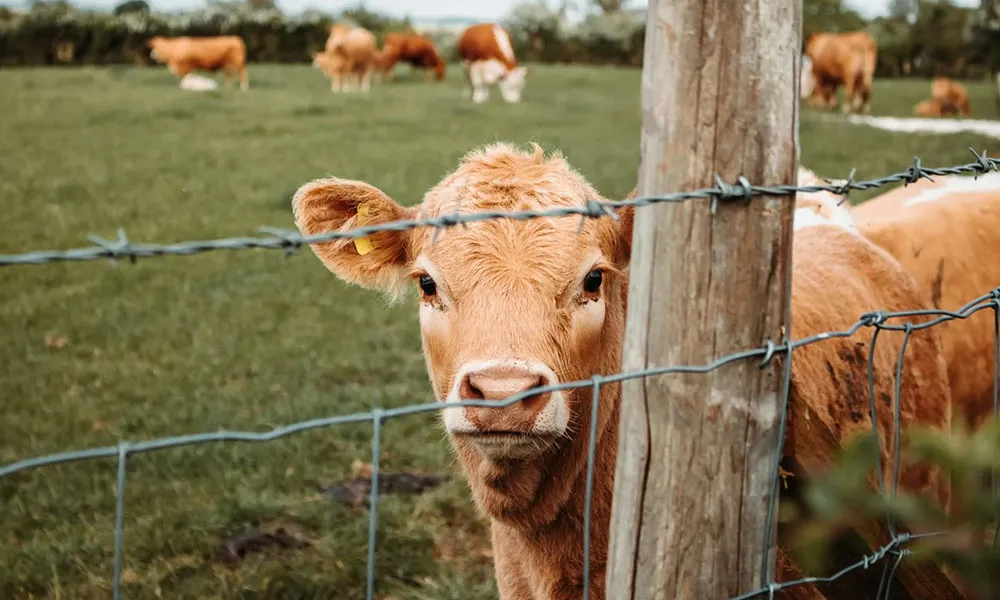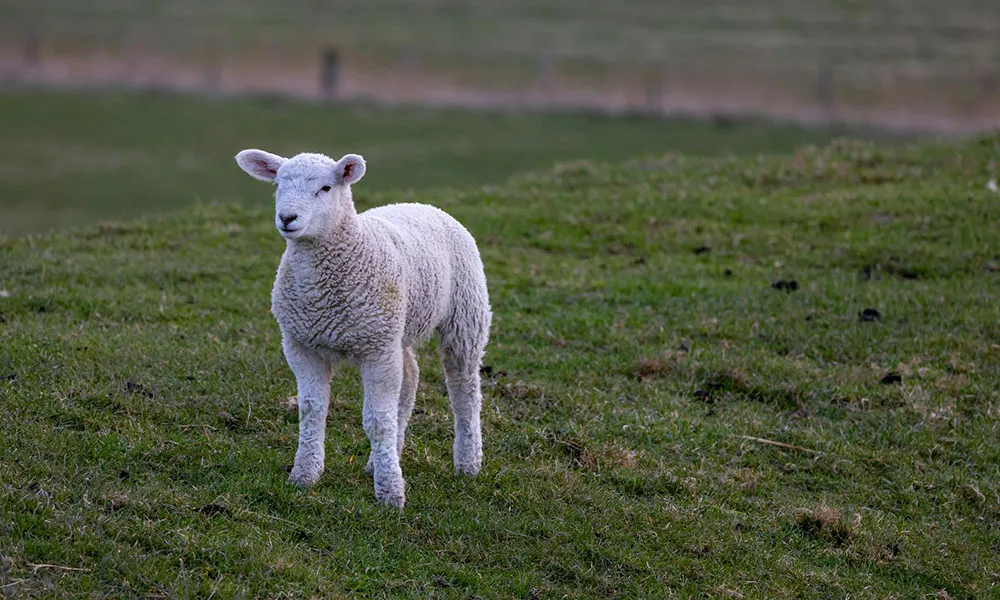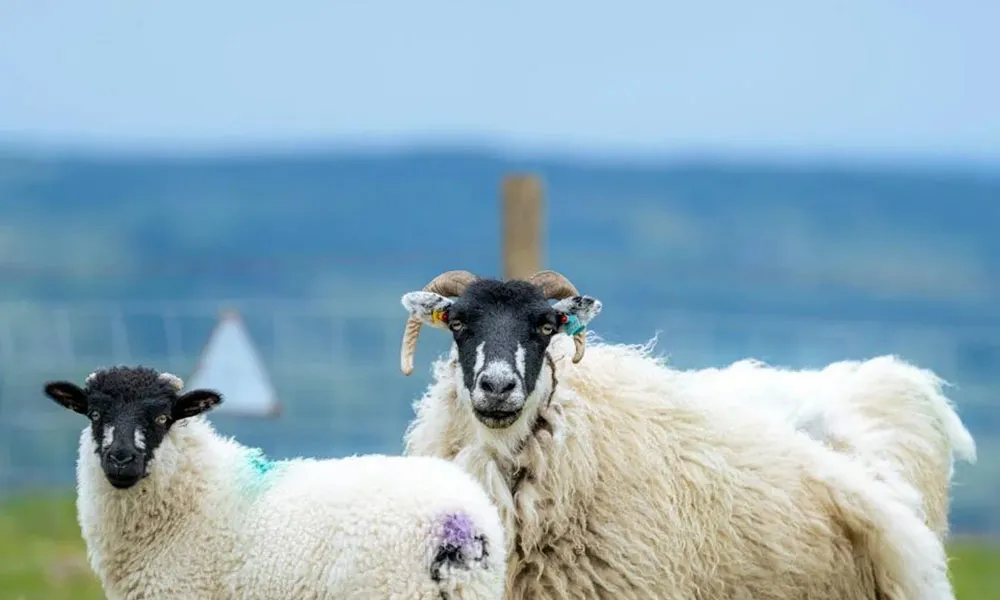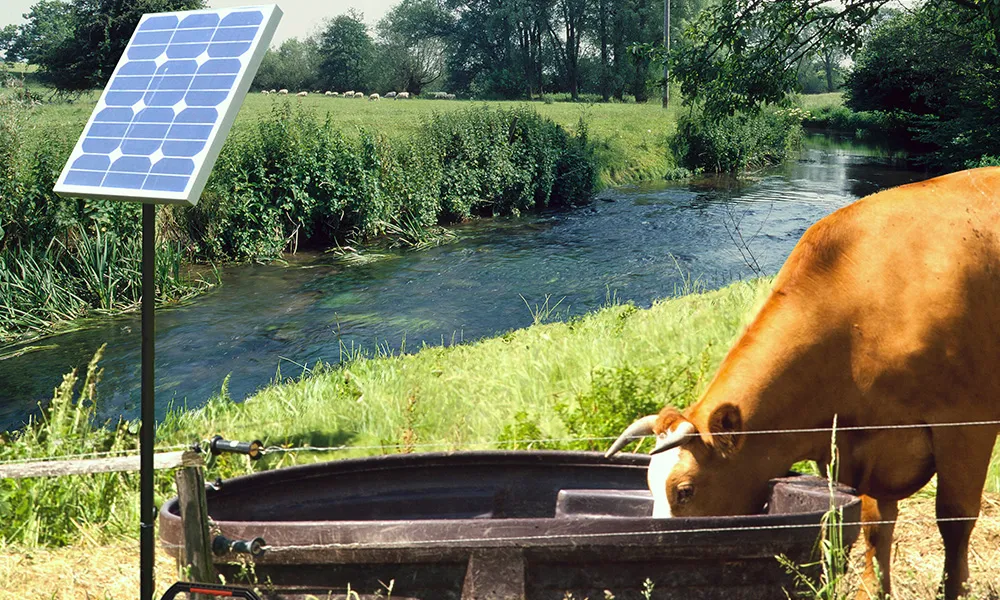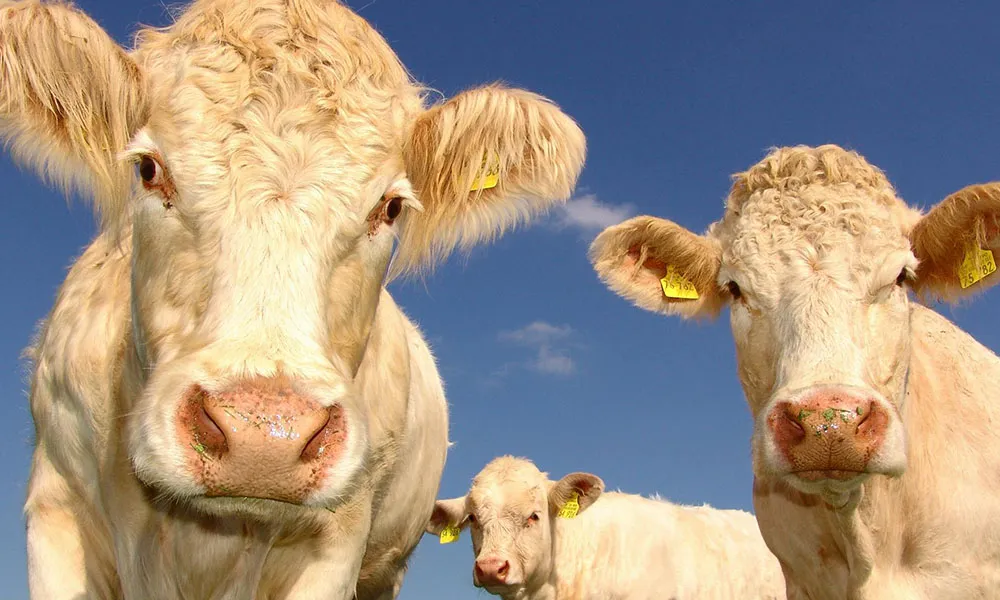
The 5 Principles
2021 is the first year of the implementation of the Government’s Animal Welfare strategy, which will run until 2025. According to the strategy document, the regulatory approach over the coming years will focus on 5 key principles:
- Working in partnership
- Science and evidence led policy making
- Improving education and knowledge
- Consistent approach to evaluation and assessment
- Effective regulation
Consumer Attitudes
This sounds good on the surface. But when you scratch away the paint, you might notice that the key principles aren’t much more than jargon. In practice, it could mean anything for farmers on the ground. But one thing seems certain: there will be increased scrutiny of animal welfare on Irish farms over the coming years. According to the Government document, this new emphasis reflects the reality that “the attitudes and preferences of consumers are evolving and people are demanding greater assurances regarding animal welfare”.
Regulation: not necessarily a bad thing
I predict that there will be a lot of eyeball-rolling among farmers when they read this. And to be fair, I can see why. To the cynic, it looks like another example of Government trying to squeeze out the small farmer. It is a simple fact that the more universal “red tape” that Government introduces, the harder it will be for small farms to remain viable.
But regulation is not necessarily a bad thing. Now I know this is a controversial statement and some will object immediately; but before you dismiss me, please read to the end. Like everything else, there is a balance to be struck with regulation, and how the Government approaches the implementation of the new animal welfare strategy principles will be key.
Personally, I am in favour of safeguarding animal rights. I believe that all animals deserve to be treated kindly and humanely. As most farmers will tell you, they are sentient beings capable of an extraordinary range of emotions. When we raise them, we often form intense personal bonds with them. Having to sell a favourite cow or ewe can be a heart-breaking experience.
So I say – anything that will help to ensure that fewer animals are mistreated or experience anxiety at human hands has to be a good thing.
Stop vilifying farmers
But we also need to recognise that the vast majority of animals on Irish farms are very well treated. There is a tendency, among certain sectors of society, to vilify farmers as cruel abusers who only care about profits and are unconcerned by animal welfare issues. The reality is that most farmers – and especially small-scale ones – aren’t in this business for the love of money. If money was our main concern, we would have looked for a job that actually pays well!
Most farmers I know love interacting with animals, and this passion prompted them to start farming in the first place. Making sure our animals are well cared for and content is a worry that keeps us awake at night and gets us out of bed before dawn. The small-scale egg producer and the suckler farmer with 30 cows don’t expect to be a millionaires, but they work hard for their modest income, and never take a break, because they love what they do and they love their animals.
This truth needs to be recognised by society at large. Instances of animal abuse on small and medium-sized farms, where animals have ample space to roam and graze, are minimal.
The truth about animal welfare
Here is the truth that some might not want to hear. In Ireland, as in most countries around the world, real animal welfare issues are found in largescale food production outfits. The factory farming of chickens and pigs is a particular issue. Anyone who has seen the inside of one of these units can attest to the cruelty of the setup. Animals that should have the freedom of large open spaces are confined to tiny cages with little or no access to daylight. Not only are they raised to be food. They are treated as inanimate while still alive. This is the definition of putting profits before welfare and if consumers want to avoid supporting this sort of production, they should always make sure that they are buying grass-reared meat and free-range eggs.
Who will regulations target?
So, when I hear that there is to be increased regulation of animal welfare issues in Ireland, I am not immediately dismissive. Animal welfare does need to be protected, but this is my question: will regulations seek to clamp down on some of the more inhumane practices of the factory farm, or will the process needlessly target smaller farms to squeeze them out of business?
Only time will tell.




